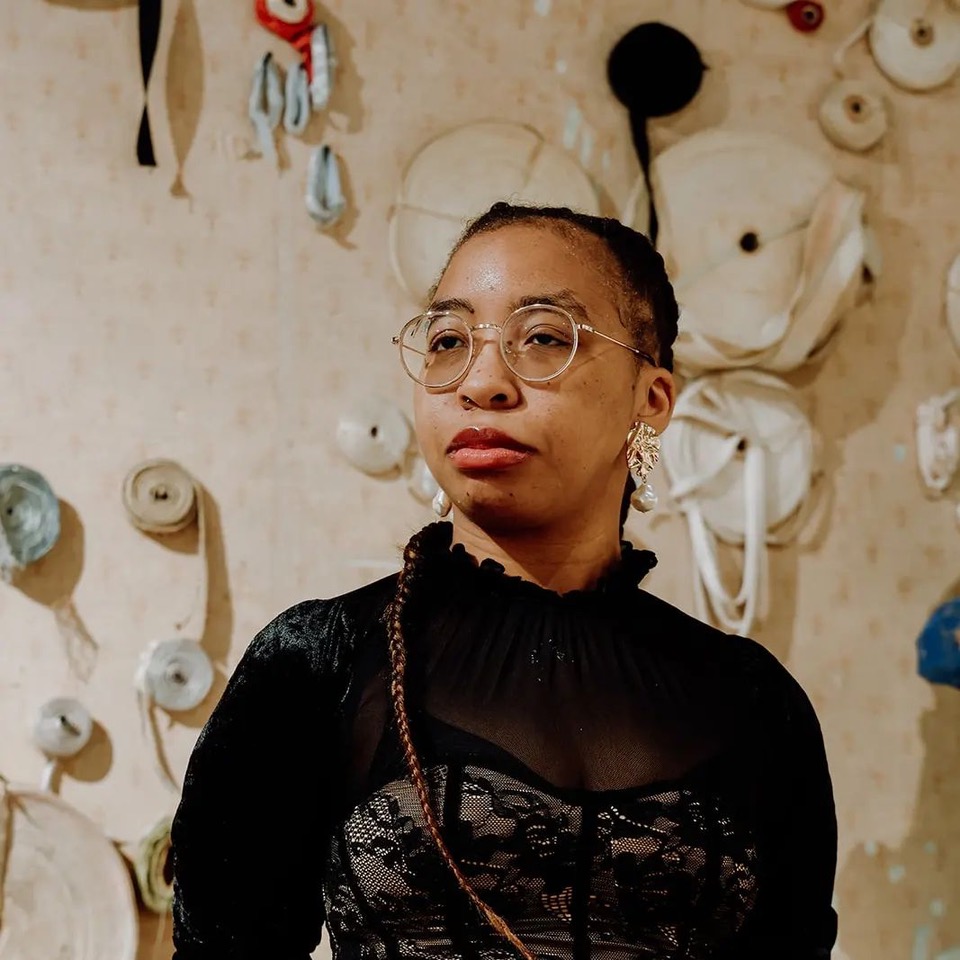 Yah Yah Scholfield writes horror-speculative fiction and their debut novel, On Sundays, She Picked Flowers, is a sinister and surreal Southern gothic where a woman escapes into the uncanny woods of southern Georgia. In today's feature, Scholfield explains how they came to discover the horror genre and the liberating feeling it offers, while considering the literary influences of Toni Morrison and Shirley Jackson.
Yah Yah Scholfield writes horror-speculative fiction and their debut novel, On Sundays, She Picked Flowers, is a sinister and surreal Southern gothic where a woman escapes into the uncanny woods of southern Georgia. In today's feature, Scholfield explains how they came to discover the horror genre and the liberating feeling it offers, while considering the literary influences of Toni Morrison and Shirley Jackson.
The Writer's Life
Reading with... Yah Yah Scholfield
 |
| credit: Hunter Photography |
Yah Yah Scholfield's work has been featured in a variety of horror-speculative fiction magazines and anthologies including Death in the Mouth, Peach Pit, Unspeakable Horror 3, and Fiyah Lit. Their short story "Strange Fruit" is an O. Henry Prize winner. Scholfield lives in Atlanta with their family and two cats. You can find their thoughts and personal essays on their Substack, Fluoresensitive. On Sundays, She Picked Flowers (Saga Press, January 27, 2026) is a sinister and surreal Southern gothic where a woman escapes into the uncanny woods of southern Georgia.
Handsell readers your book in 25 words or less:
A Black lesbian fighting generational trauma one violent, loving, and merciful act at a time.
On your nightstand now:
A scarf I purchased at a thrift store, the script books from A24's Moonlight by Barry Jenkins and Hereditary by Ari Aster, a coffee-table book about Black potters in South Carolina, my iPad, and a lamp that no longer works.
Favorite book when you were a child:
Flowers in the Attic by V.C. Andrews. I had no business reading that book, but I adored it--there's a certain beauty in reading a book that's too grown for you as a child, and I loved how angry and nauseous the entire Dollanganger series made me feel. For sure, Flowers in the Attic combined with Scary Stories to Tell in the Dark by Alvin Schwartz helped push my prepubescent love for the gothic and uncomfortable.
Your top five authors:
Toni Morrison, because she showed me that a Black woman's pen and voice were powerful and worthy. James Baldwin, because he showed me the complex beauty of being Black and gay and angry in America. Shirley Jackson, for filling me with so much dread and anxiety, the feeling of fear-excitement like a bruise you love to press. N.K. Jemisin, for absolutely blowing my mind with science fiction and fantasy that featured people who looked and acted like me. And last but certainly not least, Ursula K. Le Guin, whose mindfulness and thoughtfulness in writing inspires me daily.
Book you've faked reading:
To be really honest, I haven't faked reading anything. If I do not enjoy something, I will DNF it like that, no hesitation. I just can't fake the funk!
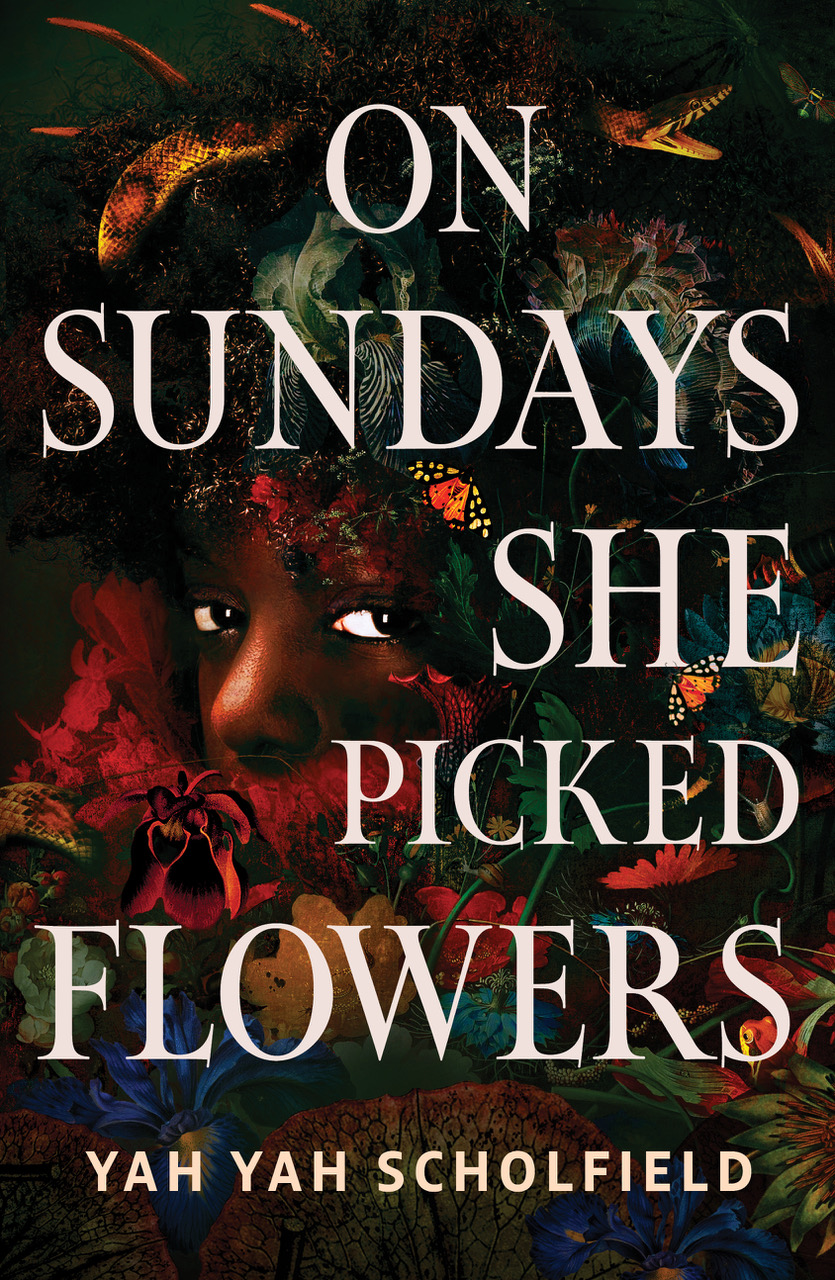 Book you're an evangelist for:
Book you're an evangelist for:
Beloved by Toni Morrison, and it's not even close. It is literary historical fiction, but it's also one of the best gothic horrors ever written. The ambience of this house haunted by slavery, by violence, by Sethe's choices, the way the characters' actions and behaviors all stem from this horrifically traumatic moment in history--and then the ghost! And then Beloved! Oh, I read the book once every two years, and it never gets old.
Book you've bought for the cover:
More Perfect by Temi Oh, and I'm so glad I did. An Orpheus and Eurydice retelling in a dystopian future reminiscent of a tech-obsessed present? Absolutely, yes!
Book you hid from your parents:
Uh-uh, y'all ain't getting me in trouble! Though, really, I didn't have to hide any of my books from my parents, because they were of the belief that as long as I was reading and not acting up, I was golden. A lot of, ahem, mature content slipped by them.
Book that changed your life:
This is a hard one. I don't think you can say one book or another changed your life, because there really are so many that move you at different points in your life. When I was a kid, it was books like Blue Tights by Rita Williams-Garcia and The Bluest Eye by Toni Morrison, The Skin I'm In by Sharon G. Flake--books that resounded with me and discussed topics that reflected aspects of my day-to-day reality. As an adult, I think the book that's really rattled and twisted me around is Parable of the Sower by Octavia Butler. Just that one iconic line "God is Change" really and deeply rearranged the terrain of my brain.
Favorite line from a book:
"No live organism can continue for long to exist sanely under conditions of absolute reality; even larks and katydids are supposed, by some, to dream. Hill House, not sane, stood by itself against its hills, holding darkness within; it had stood so for eighty years and might stand for eighty more. Within, walls continued upright, bricks met neatly, floors were firm, and doors were sensibly shut; silence lay steadily against the wood and stone of Hill House, and whatever walked there, walked alone." --Shirley Jackson, The Haunting of Hill House
Five books you'll never part with:
The Haunting of Hill House by Shirley Jackson, Beloved by Toni Morrison, The Bluest Eye by Toni Morrison, Just Above My Head by James Baldwin, and A Wizard of Earthsea by Ursula K. Le Guin.
Book you most want to read again for the first time:
Frankenstein by Mary Shelley. I read it for the first time ever in 2024, and though I knew it was a classic and very well written, I wasn't prepared for how hard it would hit me. It's a gorgeous, gorgeous gothic science-fiction novel, and I felt such love for the creature, and so much love for Victor. That line, "Alas, he is cold, he cannot answer me" picked me up, swung me around, and I just want to reexperience that ache all over again.
Why horror is your genre of choice:
I was a skittish and very anxious child, and I am a skittish and very anxious adult. I hate to claim this but fear does rule me--I suffer from pure OCD, my brain is a minefield of horrors and worries, and yet with horror, I am free. I am allowed to ruminate on the shadows in my bedroom and in alleys, I am permitted to scream at sudden noises. And, if I choose to be the monster, the thing that goes boo!, then the terror is my own special thing, and I can control it, one story at a time.




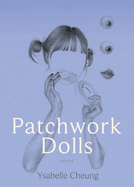


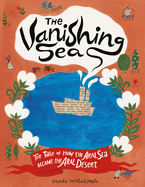

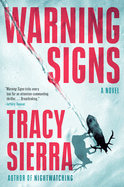

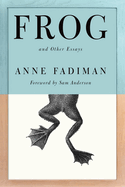


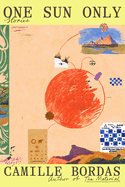


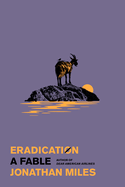
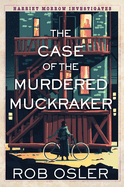
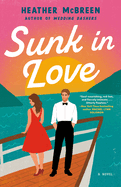
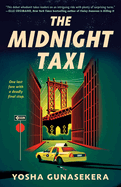
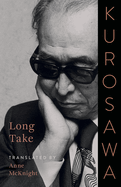

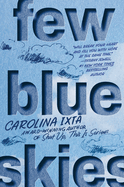
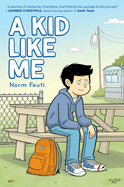
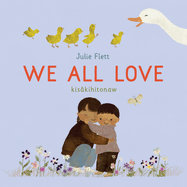
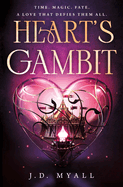
 Yah Yah Scholfield writes horror-speculative fiction and their debut novel, On Sundays, She Picked Flowers, is a sinister and surreal Southern gothic where a woman escapes into the uncanny woods of southern Georgia. In today's feature, Scholfield explains how they came to discover the horror genre and the liberating feeling it offers, while considering the literary influences of Toni Morrison and Shirley Jackson.
Yah Yah Scholfield writes horror-speculative fiction and their debut novel, On Sundays, She Picked Flowers, is a sinister and surreal Southern gothic where a woman escapes into the uncanny woods of southern Georgia. In today's feature, Scholfield explains how they came to discover the horror genre and the liberating feeling it offers, while considering the literary influences of Toni Morrison and Shirley Jackson. Book you're an evangelist for:
Book you're an evangelist for: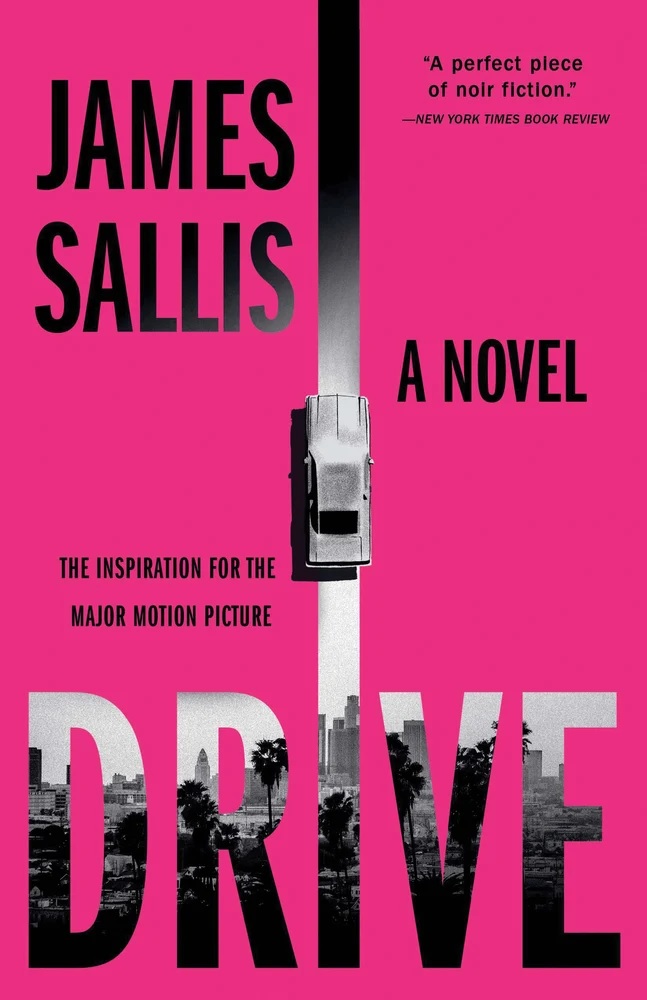 Author James Sallis, "who had the detectives and sheriffs of his stories investigate not merely crime but also the nature of memory and the possibility of self-knowledge," died January 27. The best known of his 18 novels was Drive (2005), about a Hollywood stunt driver who is also a wheelman for armed robberies. It was adapted into a 2011 movie, directed by Nicolas Winding Refn and starring Ryan Gosling, Carey Mulligan, and Bryan Cranston.
Author James Sallis, "who had the detectives and sheriffs of his stories investigate not merely crime but also the nature of memory and the possibility of self-knowledge," died January 27. The best known of his 18 novels was Drive (2005), about a Hollywood stunt driver who is also a wheelman for armed robberies. It was adapted into a 2011 movie, directed by Nicolas Winding Refn and starring Ryan Gosling, Carey Mulligan, and Bryan Cranston.